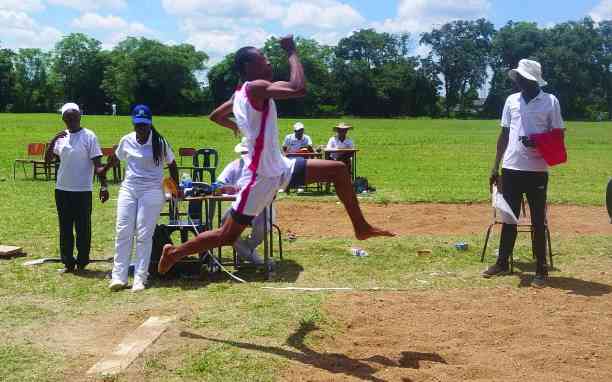
The 2004 Steven Spielberg film starring Tom Hanks entitled The Terminal is a delightful romcom that tells the story of an Eastern European man who is stuck in New York’s John F. Kennedy Airport terminal for nine months when he is denied entry to the United States, but is unable to return to his native country because of a military coup that arose while he was flying. Interestingly, the film was perhaps inspired by the experience of an Iranian refugee who was once stuck in an airport terminal in France for eighteen years. The thought of being stuck in an airport for just a couple of hours sends many of us into apoplexy so what it must have been like for those characters does not bear thinking.
However, we will think of them for a moment or two! Airports generate a huge array of differing emotions — one English teacher who looked for his pupils to write with expression and emotion often suggested his pupils should just go to an airport and witness all the emotions on show there before writing about them. There are the tears of joy at a long-awaited reunion, often accompanied by a large gathering of family, friends and even the whole village, singing, dancing, ululating, cheering! There are tears of sadness and much public wailing as a close family member or friend leaves for another country, for work, marriage or sport, or as similar people return following the passing of a close family member. There is intense anger when flights are delayed, luggage goes missing or no communication is offered. There is massive boredom as passengers sit on the floor waiting for that cancelled flight to be called. There are nerves for the first-time flyer and frustration at the confiscation of newly-bought drink. Feelings are strong in airports — no question!
But then, so too are feelings strong at sporting events. The commentator speaks louder and faster, with passion and energy, ending in a crescendo as a move develops and leads to its successful fruition. The crowd sing louder and louder as move after move evolves; loud groans are emitted when the move breaks down, while roaring cheers erupt when a try is scored. Players fly off the handle when an opponent fouls them or the referee ignores their pleas, scream with unbridled ecstasy when they score a goal, weep unashamed tears when they lose. At any match there will most likely be numerous examples of joy, anger, despair, exhaustion, love, hate, jealousy, bitterness. It is all there in sport. And rightly so.
Stephan Shemilt, the chief cricket writer for the BBC at the Oval cricket ground during a Test match in August 2023, wrote that “We love sport because of how it makes us feel.” He went on to explain that “Without the feelings, sport is just something that is happening. Someone trying to run fast, some players kicking a ball into a net, someone hitting a ball with a bat”. He described these emotions as “The joy and the nerves, the relief and the tension, the silliness and the sadness” and he highlighted how the English fast bowler, Stuart Broad, revealed, as he came to the end of his Test career that “I’ve given my heart and soul” to the game of cricket. Emotion is part of sport; it must be.
Indeed, it must, even at school level, though it needs to be affirmed that it is crucial that players, especially young children, learn to control those feelings, for too much emotion can destroy the tactics — witness any game between two keen sporting rivals, where emotion takes over. Emotions must be used positively or they will destroy the game. But the bottom line is this: the overriding feeling that players must have, especially again young children, is a love and passion for the game, irrespective of the result. The most important thing a coach (and parent) can do is give each child an enduring love for the sport. Without that, children will not play. We must prepare them for take-off.
In the book of Revelation in the Bible, one church is praised because “I know your deeds, your hard work and your perseverance” — all good qualities that a sportsperson should strive for too. They were praised because they “have persevered and have patience, and have laboured for My name’s sake and have not become weary” — that is all highly commendable for a church and also for a sports person. But there is a “but”, a “yet”. “Yet I hold this against you: You have lost your first love”. We need to instil a love of sport in our children and woe betide any sports coach who causes a child to lose his or her love for sport. This may be quite a revelation but that love must not be terminal.











